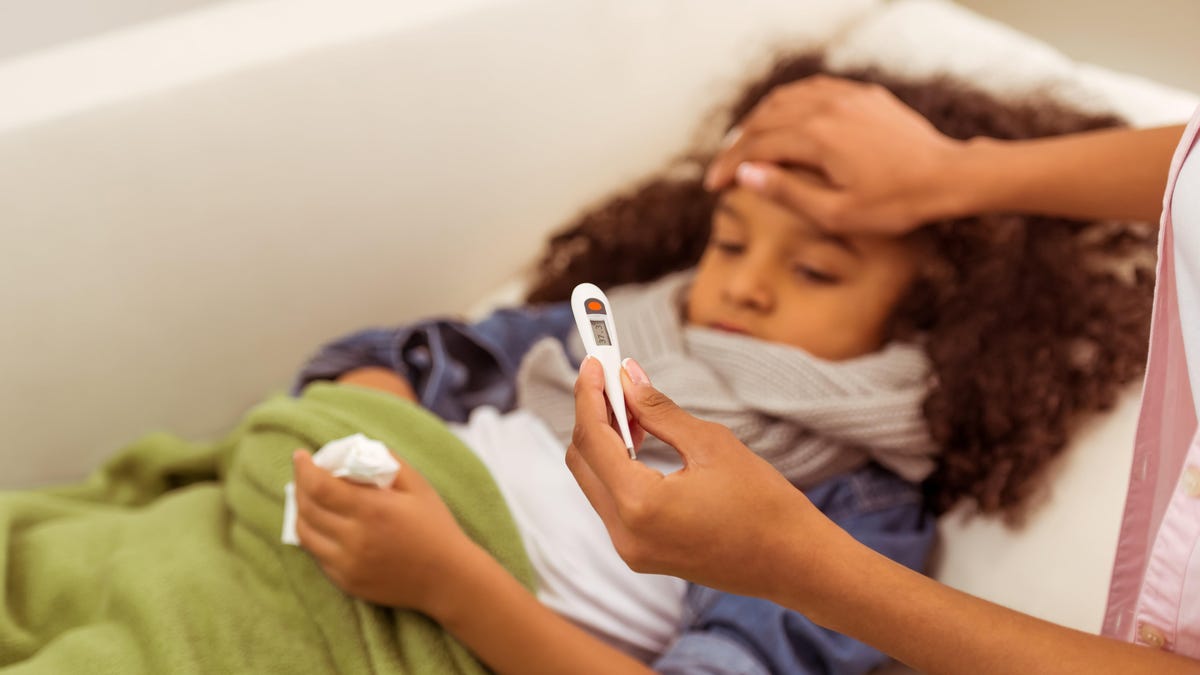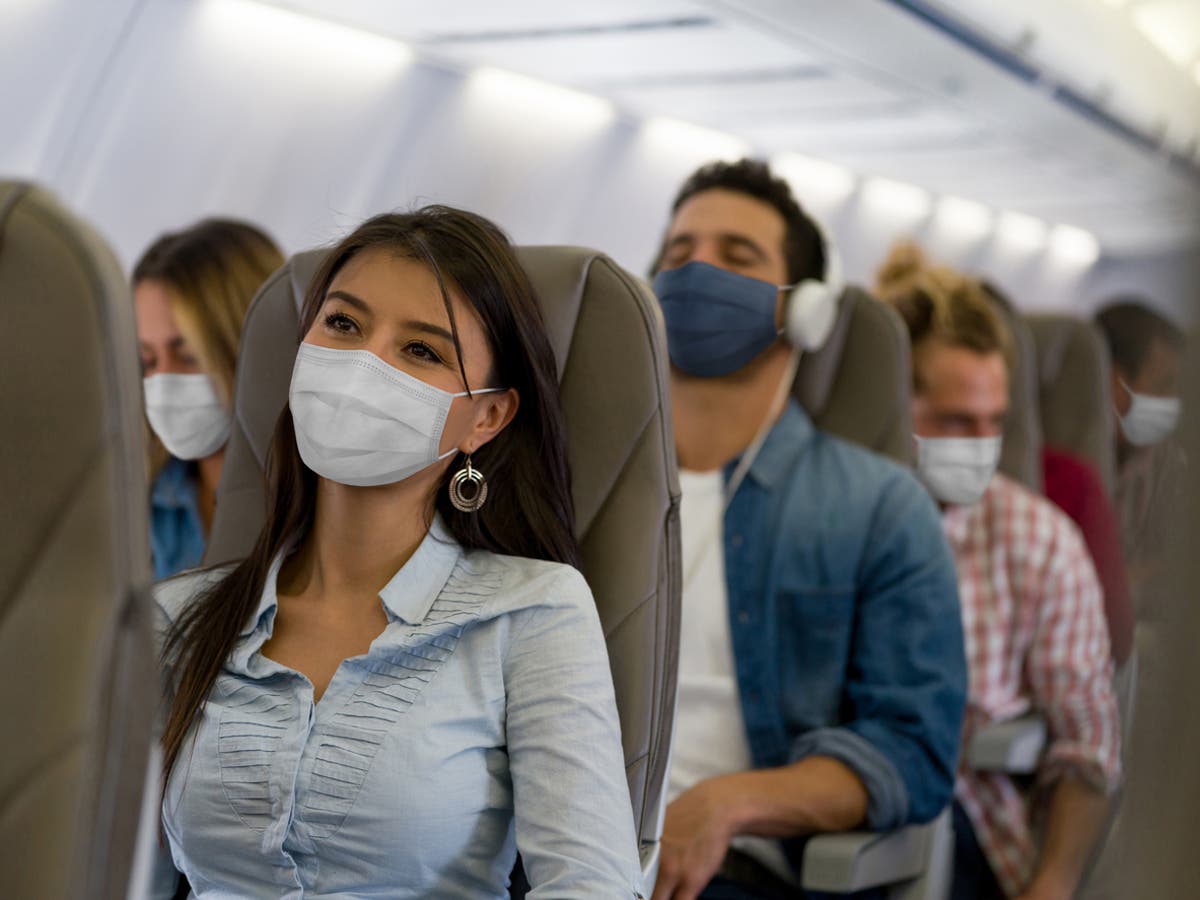How to Boost Your Child's Immune System This School Year
Back-to-school time means kids will come home with sniffles, sneezes, and coughs. While there isn’t a way to keep them healthy all the time, and no one has a cure for the flu or common cold, there are some...

Back-to-school time means kids will come home with sniffles, sneezes, and coughs. While there isn’t a way to keep them healthy all the time, and no one has a cure for the flu or common cold, there are some simple and natural things you can do to boost your child’s immune system so you can keep sick days to a minimum.
And this doesn’t mean “immune-boosting” supplements; most of those are not actually effective, and some have serious downsides. Instead, try these doctor-recommended tips to support your kid’s immune system.
Make sure they get enough sleep
The American Academy of Pediatrics (AAP) recommends that children between the ages of 6-12 get around nine to 12 hours of sleep, and teenagers between the ages of 13-18 should get about eight to 10 hours. Still, we know this is easier said than done. There are obvious culprits for a kid’s restlessness, such as too much screen time or pulling a few all-nighters. The AAP suggests keeping a daily routine for meals, naps, and playtime and making your child’s room sleep-supportive. But if your kid snores loudly or has difficulty going to sleep, this could be a sign of a more significant issue that a specialist should take a look at.
Keep them active
The benefits of children staying active are too numerous to mention. Still, it’s essential to note that active play builds healthy bones, muscles, and immune systems. The AAP recommends that children over age six get 60 minutes of physical activity daily. They’re hopefully making that quota during recess, P.E., or practicing their favorite sport, but if not, there are YouTube channels that make exercise fun. My boys (and their parents) enjoy getting their yoga on with the Cosmic Kids Yoga channel or dancing with the Koo Koo duo.
Offer them a healthier diet
We’ve all been there. It’s a busy afternoon with practices, pickups, and other appointments, and the last thing you want to do is make an elaborate meal, so you hit the drive-thru or order a pizza.
Most doctors agree that occasionally eating processed foods or meals with added sugar or unhealthy fats is fine, but having them all the time won’t boost their immune system. And while some vitamins and supplements may claim to help, doctors agree that a proper diet is the best way to protect yourself from illness.
Meals should have whole grains, calcium, healthy fats, and lean protein. The Centers for Disease Control and Prevention (CDC) has a handy guide for determining how many fruits and vegetables your child needs. And if you need some help packing a healthy lunch, we have some suggestions.
Only use prescribed antibiotics
When your child gets sick, it’s tempting to use an antibiotic prescribed for a previous illness to treat the current one. However, antibiotics should only be used to treat infections, not viruses like the common cold and flu. And according to the AAP, repeatedly misusing antibiotics can cause bacteria to become resistant to viruses, leading to possible hospital visits. If your child gets sick and needs an antibiotic, use it exactly as prescribed.
Give them downtime
Stress and anxiety can make anyone more prone to infection and illness. In addition to ensuring kids have enough sleep, Dr. Claire McCarthy of Harvard Health suggests giving them enough time to do what makes them happy, whether it’s playing together as a family or offering them a chance to talk about anything bothering them. And keep your eyes open for any signs that your child may be depressed.
Make sure your child Is up to date on their vaccines
Vaccines work with the immune system to fight off certain bacteria and viruses, so taking your child to see their pediatrician for regular checkups and keeping their vaccinations up to date will keep them healthy. And with flu season rapidly approaching, everyone in your family should get their flu shot and the new COVID booster this fall. Your child’s doctor will happily address any questions or concerns about vaccines. You can also check out this informative article from the CDC about vaccine safety, their side effects, and when your kid should get them.
Don’t forget what we learned during the pandemic
Sure, we can go out and enjoy ourselves again, but we must remember the basic things we should still do to protect ourselves against illness. Remember to cover your face with your elbow when you sneeze or cough. Thoroughly wash your hands under hot water for 20 seconds. Throw away your child’s toothbrush if they become sick. And it’s still perfectly fine to wear a mask.

 Astrong
Astrong 
































